Do you want your blog or website to rank on the first page of Google? Have you tried all the tips but in vain?
Almost every successful website you see on the internet has gone through this stage, where nothing seems to rank them on Google’s first page. This article will discuss the five easy steps to rank on the first page of Google. But first, let me discuss why ranking on the first page of SERPs is essential and what keeps you from it.
Why Is It Important To Rank on the First Page of Google?
It is critical to rank as high in search results as possible for the success of a website. But what difference does it make to rank on the first page of Google?
Most Popular Search Engine
Search engines handle billions of searches daily, of which Google makes up the most. Almost 84.14% of searches are made on Google, while Yahoo and Bing comprise 7.57% and 4.42% of the market share, respectively. Google’s share of daily searches increases to 89% if we consider mobile and tablet searches.
Therefore, ranking on the first page of Google means you qualify for over 2/3 of total online searches.
Increased Traffic
Websites are there for a reason, i.e., to grow the base of loyal customers/audiences. Whether you are a blogger or have an e-commerce site, traffic is the most significant factor that affects the success of your business, brand, or blog. Getting on the first page of Google means a higher clickthrough rate for your website.
Increased Visibility
Businesses must reach out to new customers for their survival and growth. Getting on the first page of Google increases the visibility of your business because almost 90% of online visitors do not go past the first page of search results. The websites that rank on the last pages of Google are non-existent for most searchers.
Increased Trust
The searchers trust the web pages ranking on the first page of SERPs. They know your website is on the first page for a reason. Google has a very detailed ranking algorithm that takes many factors into account. Therefore, ranking on Google’s first page means you have qualified for most of those factors.
Competitive Advantage
Running an online business is not easy because of intense competition. You have to beat your competitors to grow your customer base. An effective way to beat competitors is to rank on the first page of Google.
Many searchers are potential customers looking for the right site to purchase products. Studies confirm that 94% of Google clicks are from the web listings on the first page of search results. It means getting on the first page of Google gives you a competitive advantage.
Save Money
Ranking on the first page of Google saves you a lot of money that would otherwise be needed for advertisements. Instead of spending hefty amounts for paid advertisements, your site organically appears in the top ten results of Google. On the other hand, businesses that do not rank on the first page of Google spend a lot of money to gain the attention of online users.
Why Does Your Website Not Rank on Google’s First Page?
Despite your SEO efforts, ranking on the first page of Google search results may seem impossible. It is frustrating, and you also lose hope of surviving the intense online competition. However, with the right strategy, you can make it to the first page of SERPs.
There may be several reasons for not qualifying for top Google results, the most important of which are:
Your Website Is New
Ahrefs analyzed Google ranking pages for 10 million random keywords and found that only 22% of web pages appearing in the top 10 results were created within a year. It was also found that the average age of web pages ranking in the top 10 results is over two years.
Therefore, ranking on the first page of Google is difficult in the presence of millions of different websites for the top position.
Use of Competitive Keywords
The one and most crucial factor I keep emphasizing is the selection of keywords. If your blog or website belongs to a popular niche, high-profile websites must have capitalized the top keywords.
For example, if you are a blogger, using high-volume keywords or keyword phrases will make it difficult for you to reach the first page of Google due to intense competition.
In addition, your competitors may have already been around for many years, adding to their domain authority. As a result, you can compete for high-volume keywords only if you have good domain authority.
Domain authority predicts your search engine ranking and determines how relevant your website is to a specific industry or subject. It is developed by Moz and ranges from 0 to 100.
You can check your site’s domain authority here for free.
Insufficient Back Links
The number of backlinks is the most significant factor that highly impacts domain authority. The domain authority of a brand-new website will always be one, and it will gradually increase as the website gets more and more quality inbound links.
Always remember that the website with higher domain authority than your website will likely rank higher in SERPs (search engine research pages) for the same keyword or keyword phrase. High-domain authority websites that have been around for years dominate Google rankings.
However, if you have the right strategy, you may not have to wait for years to build authority. Some strategies can help you rank on the first page of Google even if your domain authority is low.
Five Steps to Rank on the First Page of Google
Several strategies can help you improve your rank and make your way up to the first page of Google. Below are the five steps to get on the first page of Google.
1. Use Long-Tail Keywords
We know that high-volume keywords or keyword phrases are only sometimes the right choice, and going after low-volume keywords means there are almost no searchers for those keywords.
The right strategy is to go for high-volume long-tail keywords, having less competition. Long-tail keywords are more specific and have three or more words. So, for example, instead of going after the keyword “social marketing”, you can choose “How social media marketing can change your business in 2022”.
Although the monthly search volume for long-term keywords is comparatively less than the more generic keywords, 70% of Google searches are long-tail searches. Long-tail keywords rank quickly and save you time and energy. Additionally, long-tail keywords improve conversion rates.
Deciding which keyword to choose is a complex task. Therefore, I always stress the need for a great keyword research tool to pay you off in the long run. You may find several free keyword research tools, but they may only provide some valuable information required to make a better decision.
A good keyword research tool will give statistics about the searched keyword and provide better alternatives regarding SEO difficulty, search volume, and competition.
For example, SEMrush is a popular all-in-one SEO tool that offers long-tail keyword research. Serpstat and SpyFu are two other popular all-in-one SEO tools you can use. Similarly, KWFinder and LongTailPro are two affordable long-tail keyword research tools.
2. Create More Content
Content is the only thing that can get you traffic and quality backlinks. However, creating quality content is only sufficient once you consistently create more and more content. The more content you create, the more web pages will be indexed. Whereas more content means your website will rank for more long-tail keywords.
While creating new content, please keep focusing on long-form content. Long-form content attracts more traffic, ranks higher in search engine results, and leads to higher conversion rates. For example, in 2012, SerpIQ analyzed the top 10 search results for various keywords, showing that the average content length of the top ten search results is above 2,000 words.
Long-form content gets shared often because of its in-depth nature. BuzzSumo and Moz jointly analyzed the shares and links of over 1 million articles, and the results showed that long-form content gets more shares than short-form content.
Apart from writing long-form content, it is critical to update old posts. The freshness of content is another factor that affects Google’s ranking.
In a nutshell, the trick to rank on the first page of Google is writing more content than your competitors, focusing on long-form, and keeping it updated.
3. Improve Your On-Page SEO
It takes a long time to get on the first page of Google, especially if you do not have sufficient backlinks. However, improving on-page SEO can significantly improve your ranking and help you rank on the first page quickly. The following are the top elements of on-page SEO:
Include Keyword in Title Tag and Meta Description
Title tags and meta descriptions impact both search engine ranking and user experience. They help search engines determine whether your page is relevant to the query and guide users in deciding whether to visit it.
Including the focus keyword in the title and meta description establishes your relevance to the search query, resulting in a higher search engine ranking. Additionally, if users find your meta description relevant, your clickthrough rate will increase, which also helps you get on the first page of Google.
Improve Page Load Speed
Google aims to provide the best experience to its searchers, which is why page load speed plays a critical role in SEO ranking. Therefore, your site must load fast to rank on the first page of Google. Ideally, a web page should load within 3 seconds. You can check the performance of any of your web pages using Google Pagespeed Insights or Pingdom.
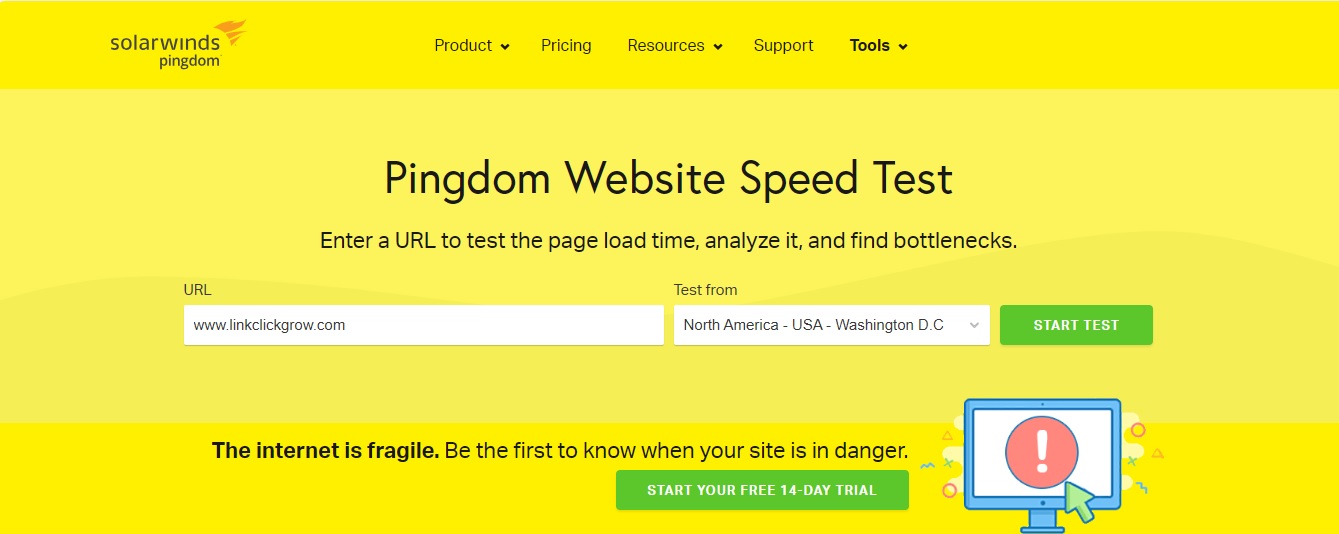
To improve page load speed, you should:
- Use caching.
- Minify CSS and JavaScript.
- Remove unwanted plugins.
- Optimize images.
- Reduce redirects.
- Use lazy loading for images and videos.
WP Rocket, WP Optimize, and Nitropack are popular WordPress plugins to enhance page speed by caching your site, minifying CSS and JavaScript, enabling lazy loading, and cleaning the database.
Use Internal Links
Internal links also pass page authority from one webpage to another. Adding a link from a high authority page to a low authority page can help it rank higher in Google searches. Therefore, if you want a specific high-priority page to rank on the first page of Google, consider linking to it from a high authority page.
Internal links also make crawling efficient, allowing more pages to be indexed. It is a best practice to include internal links whenever possible. However, adding internal links to hundreds of pages can take time and effort. Therefore, I recommend using tools or plugins like RankMath, LinkWhisper, and Internal Link Juicer for efficient internal link building.
Optimize Your Website For Mobile
Google’s ranking algorithm prefers mobile-optimized websites to provide the best experience for its searchers. Most searchers use mobile devices instead of laptops or desktop computers. Therefore, if you aim to rank on the first page of Google, your website must be responsive.
Responsive websites easily adjust to different screen types while maintaining their functionality. In comparison, an unresponsive webpage may appear distorted on mobile phones. Unresponsive websites also negatively affect your brand’s image, and visitors may not revisit your site.
4. Your Content Must Match the Search Intent
Google aims to display web pages that match the intent of search queries. In other words, Google checks if your content matches the search intent and ranks it accordingly. Search intent is the goal a user intends to achieve through Google search.
Searchers have a specific goal whenever they conduct an online search. If a user types a keyword in Google search and none of the results satisfies the search intent, the user will not click on any link. Instead, the user will type another keyword. As a result, Google learns about the search intent of user queries.
The following are the four major search or user intent types:
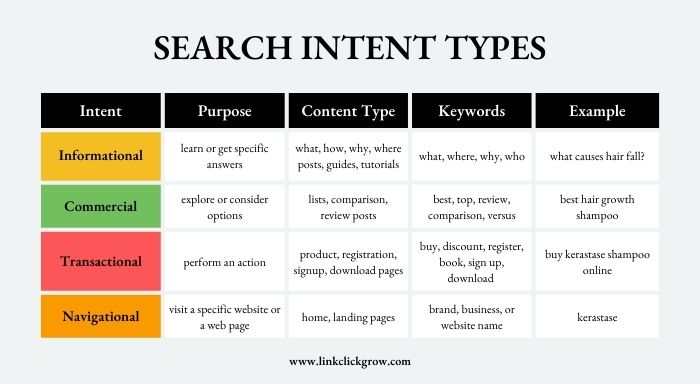
To ensure your SEO content matches the search intent, consider the following:
Use SERPs to Learn About Search Intent
You can learn about the searcher’s intent behind a specific keyword by looking at the top content in SERPs. Since Google aims to satisfy search intent, the top pages will help you understand the information the searcher seeks.
Check Bounce Rate
A high bounce rate is a vital factor that shows your content is irrelevant to the search query. Therefore, identify pages with high bounce rates and change their content to match the search intent.
Use LSI Keywords
LSI (latent semantic indexing) keywords refer to keywords that are semantically associated with the focus keyword. They assist search engines in understanding the context of your content. They play a significant role in showing Google that your content matches the search intent.
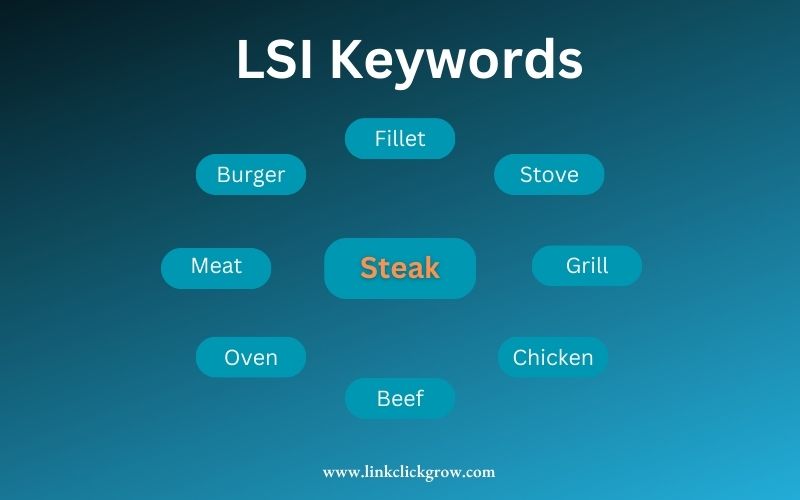
LSI keywords also naturally prevent your content from keyword stuffing by using semantically related keywords. I recommend using LSIGraph, a popular tool for finding LSI keywords.
5. Build Quality Backlinks
Google considers backlinks when determining the rank of a website. However, it is a common SEO myth that all types of backlinks benefit SEO. Backlinks only help if they are from high-quality, relevant sites. Therefore, ranking on the first page of Google requires building quality backlinks. Also, regularly monitor your backlink profile to detect and remove any bad links that may hurt your SEO ranking.
There are several strategies to build quality backlinks, a few of which are:
- Building broken links.
- Guest posting.
- Republishing content on other sites.
- Replacing outdated resources.
The more quality backlinks you have, the higher your rank in Google search results. However, you must contact bloggers or web owners to acquire backlinks, asking them to link to your site.
If done correctly, blogger outreach can get you many quality backlinks. Conversely, you will waste resources and time if you do it wrong. To learn more, check out my post on blogger outreach.
Additional Step for Those Having High Budget: Make Use of AdWords
Google AdWords can help beginners struggling to rank higher in search engine result pages. The first and far most important thing for beginners is to get noticed. Even if they have command over their niche and their content is excellent, they can only attract traffic once they get noticed. AdWords is the quickest way for new websites to grab online users’ attention, as Google ranks ads before any other organic search results.
The cost of PPC AdWords depends upon the competition and the quality of content. However, there are ways to maximize your ad reach and lower the cost per click.
Additional Step for Those on Low Budget: Get Your Product/Article Featured in Round-up Posts
Advertisement requires investment, which some small businesses or new bloggers may not have. However, there are other ways to promote your website. The most effective of them is to get featured in weekly or monthly round-ups by bloggers.
Since round-ups tend to rank on top of SERPs, getting featured in one gives you the same exposure. Featuring in a round-up allows you to be noticed by a wide range of audiences, and sometimes, the post may include a link to your site.
Some bloggers review different products, services, or articles and summarize their findings in weekly or monthly round-ups. You can identify those bloggers in your niche and contact them to include your product or post in their upcoming round-up.
Conclusion
To enhance the visibility of a business, it is critical to rank on the first page of Google search results. Unfortunately, many factors keep you from ranking higher, almost all of which you can address. Therefore, it is possible to make your way to the front page of Google with the right strategy. Creating quality content, using long-tail keywords, and making your site responsive can help you rank higher in Google search results.

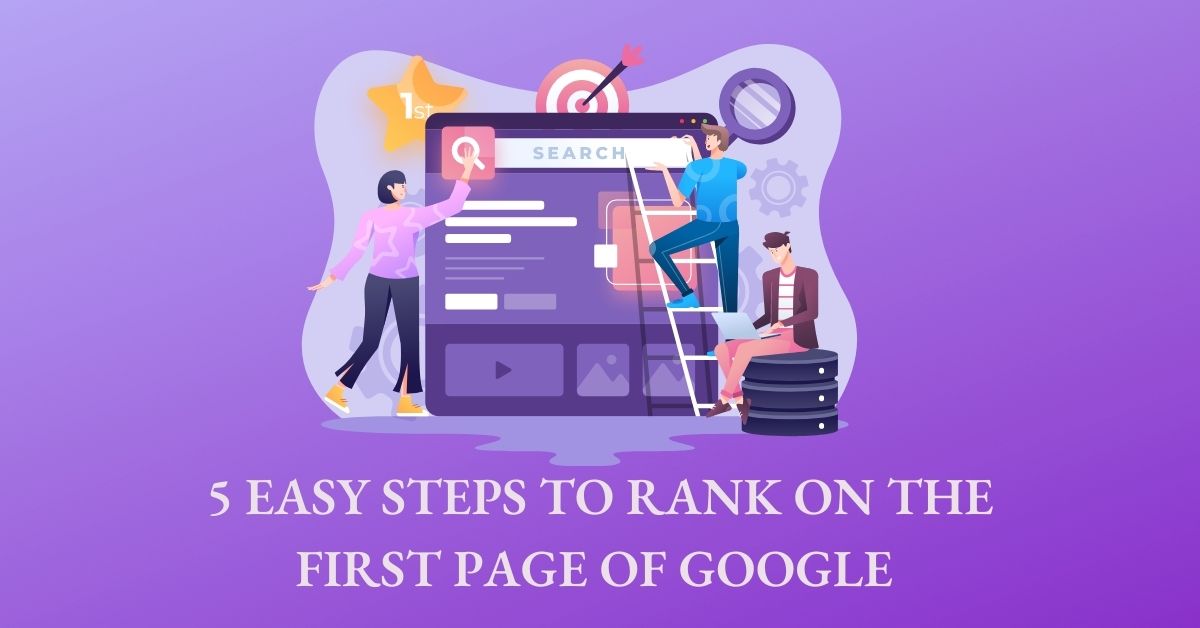
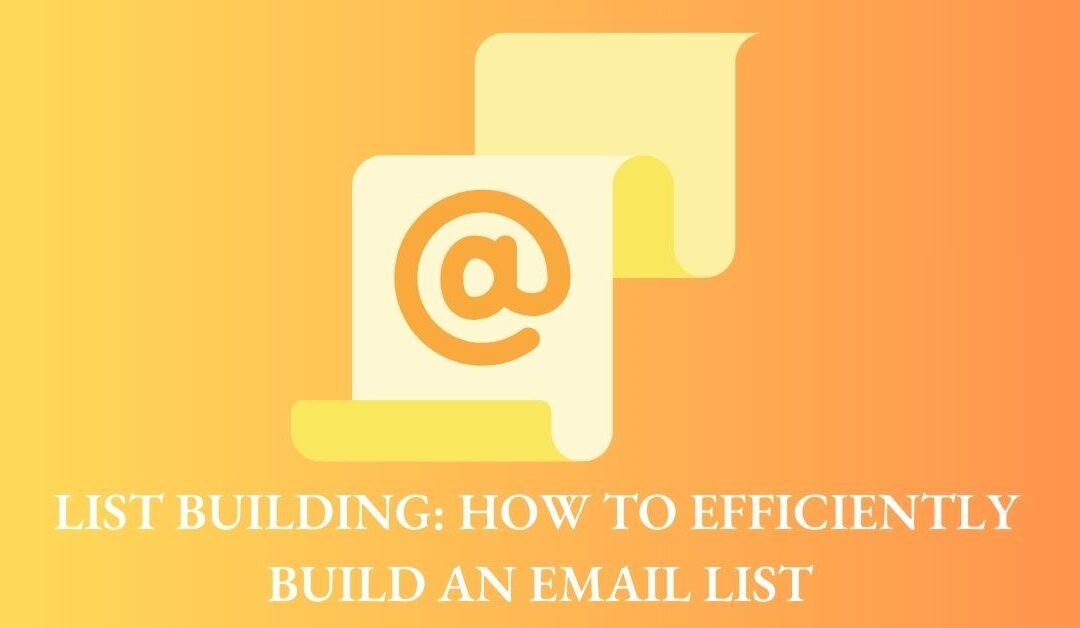
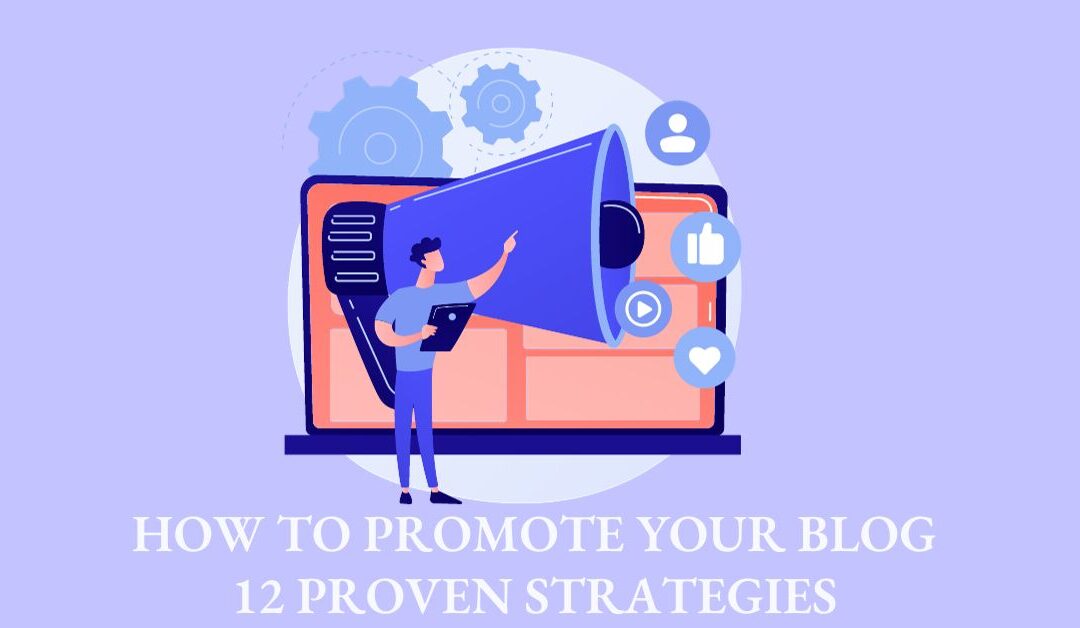
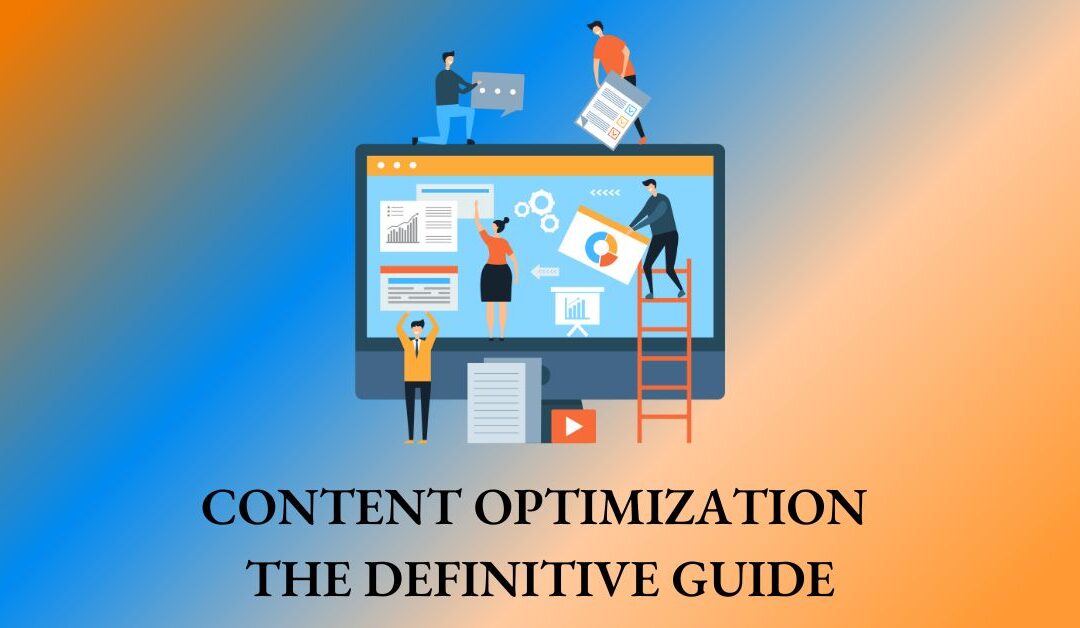
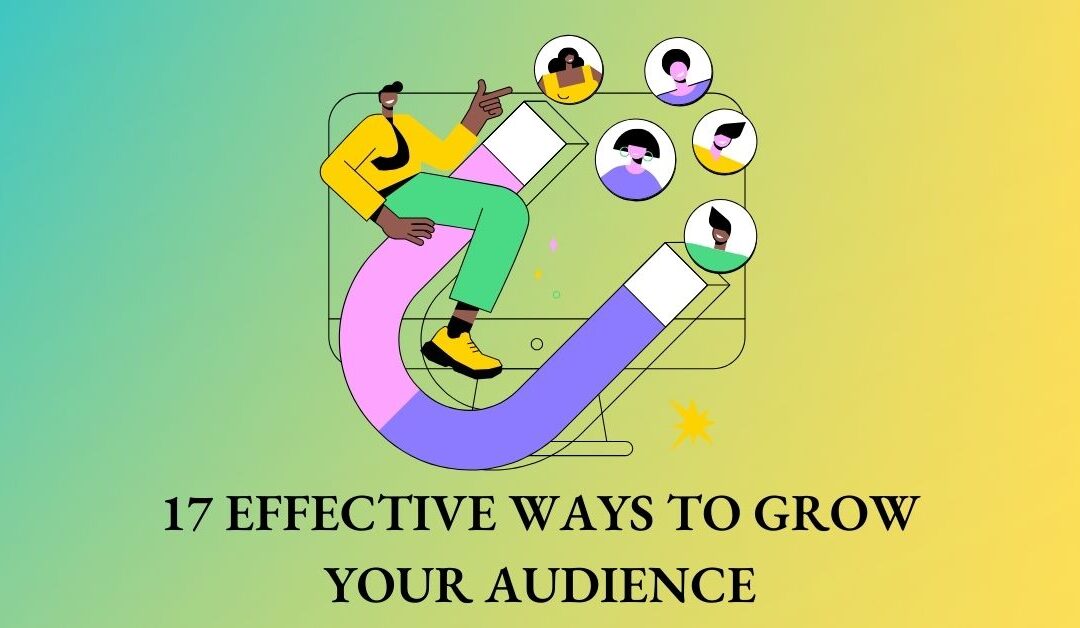
0 Comments